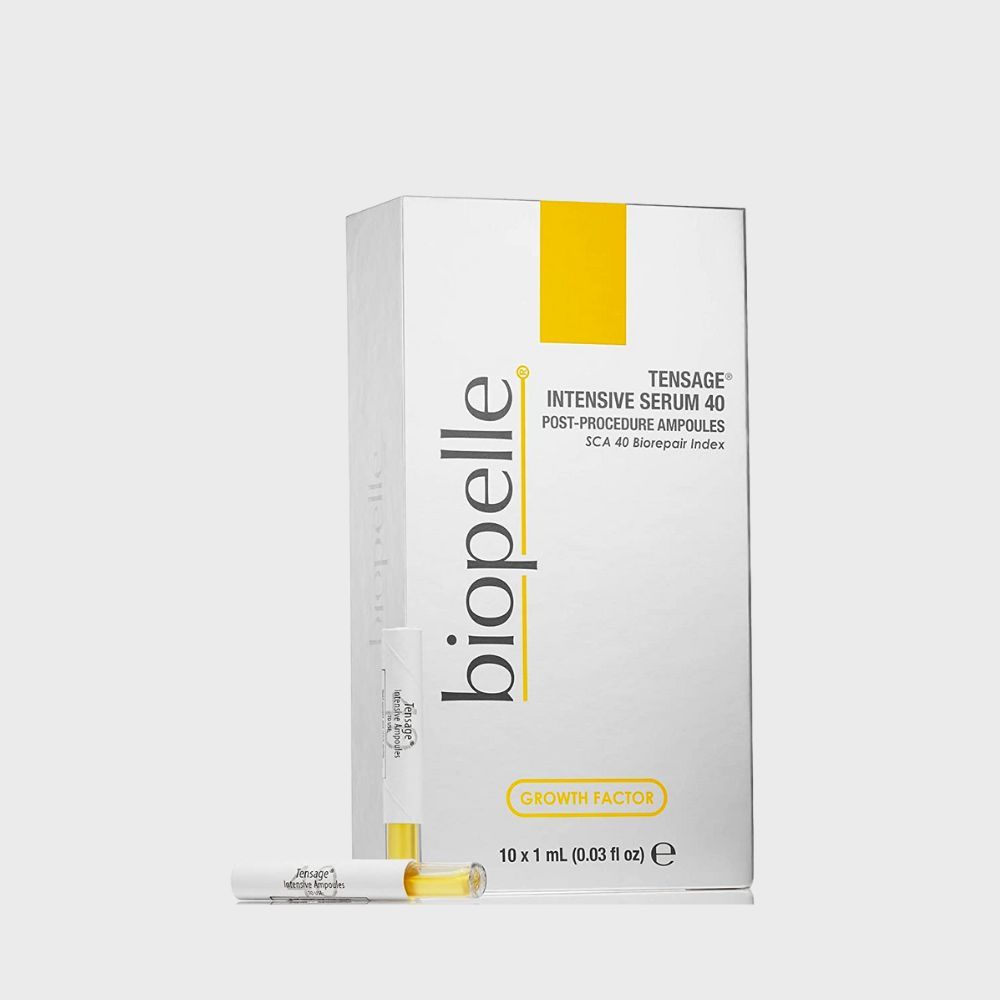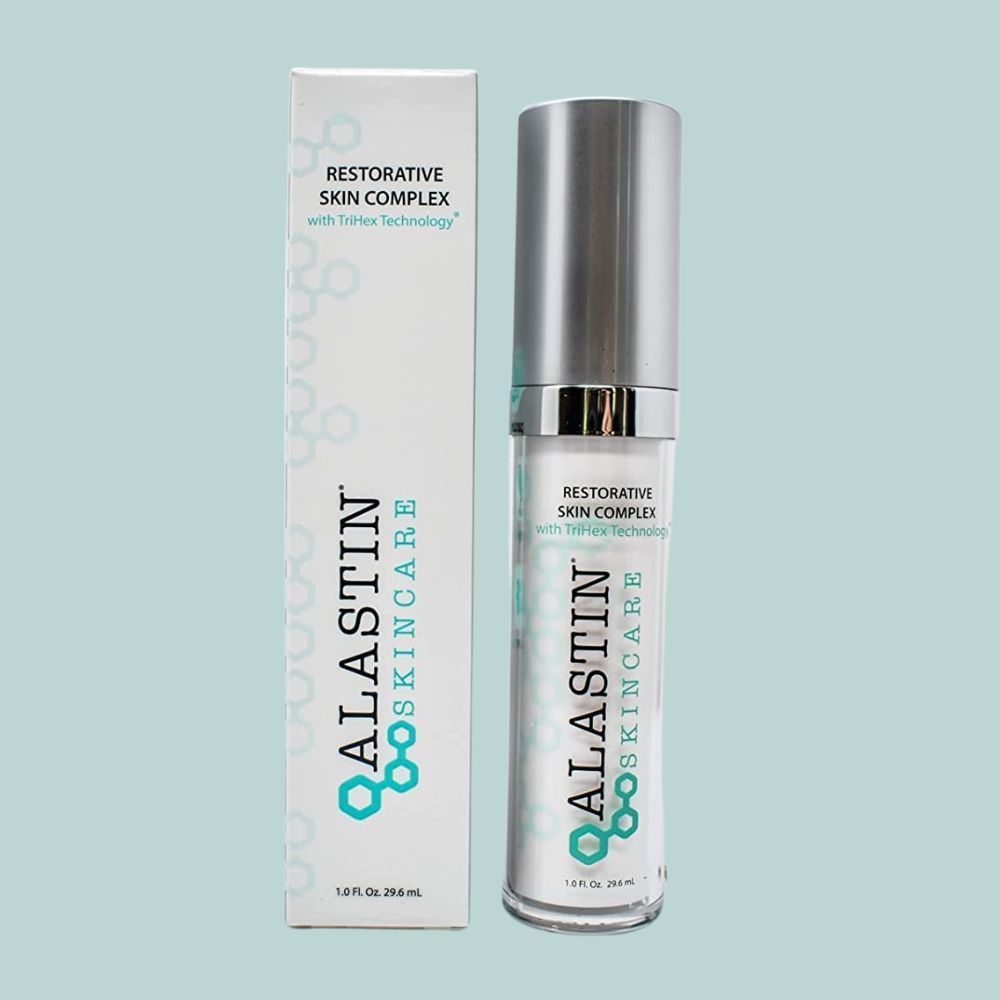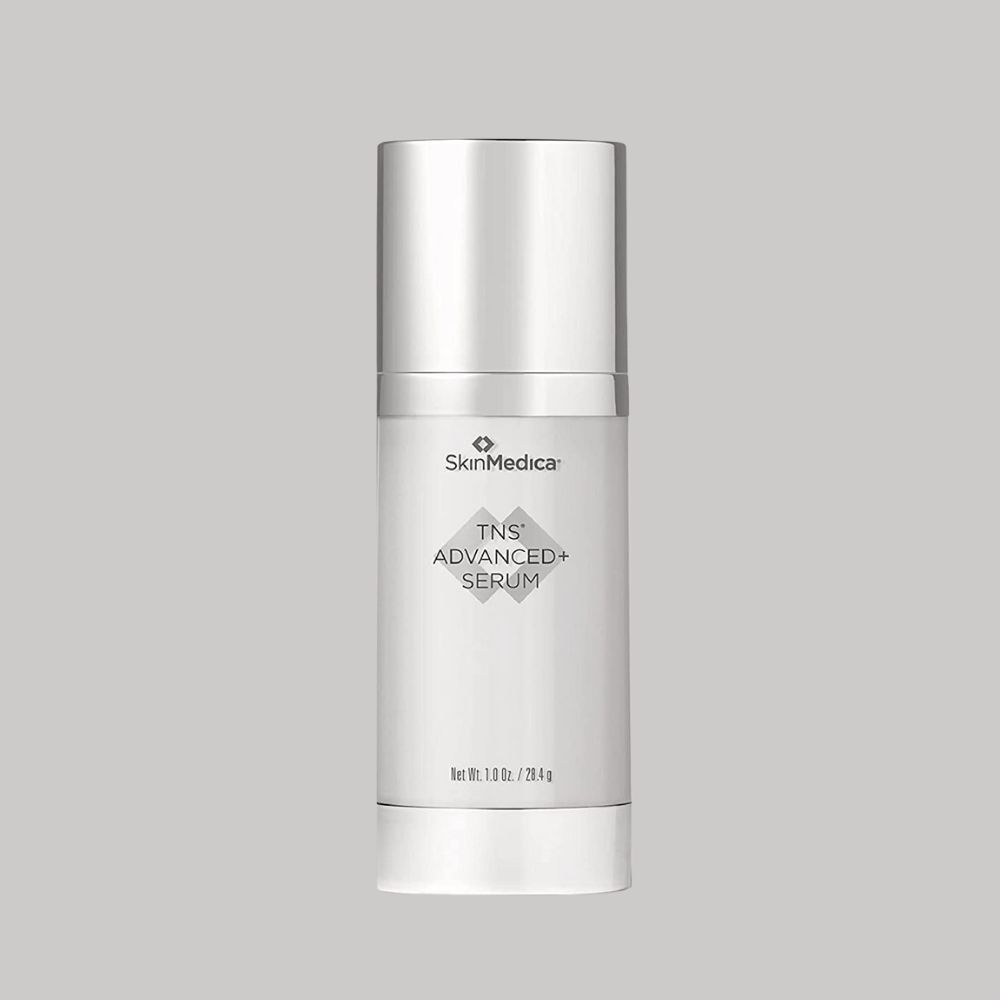Skin care products that contain growth factors have become increasingly popular in recent years, with many people seeking to improve the appearance of their skin and reduce the signs of aging.
However, there has been some concern raised about whether these growth factors could potentially cause cancer.
While there is currently no conclusive evidence to suggest that growth factors in skin care products are carcinogenic, some experts have expressed caution about their use.
In this article, we will explore the potential risks associated with growth factors in skin care and examine the latest research on this topic to help you make an informed decision about your skincare routine.
What Are Growth Factors?
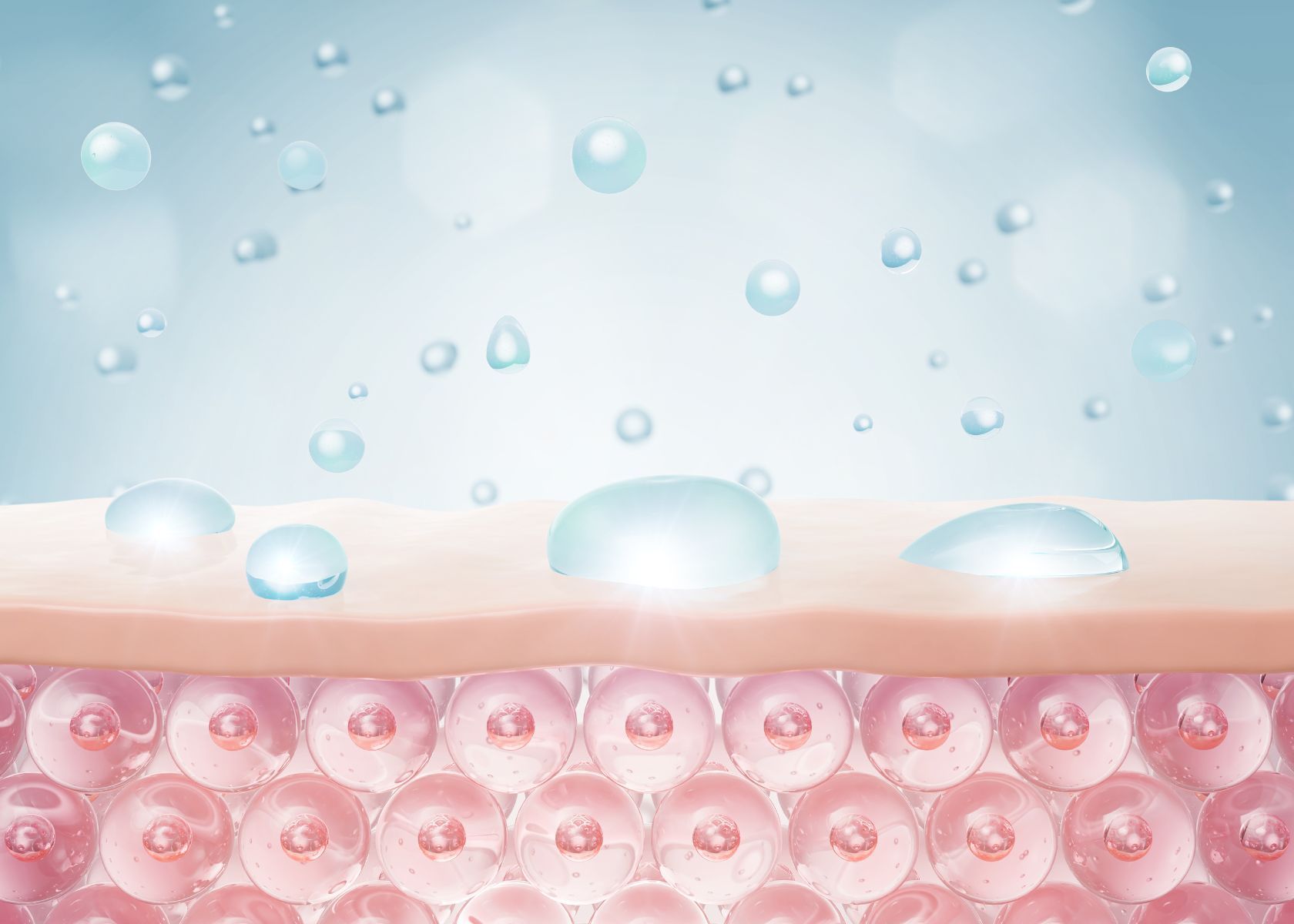
Growth factors are naturally occurring proteins that play a crucial role in regulating cell growth, differentiation, and repair.
They are essential for maintaining the health and function of various tissues in the body, including the skin.
In skin care products, growth factors are typically derived from human stem cells or other sources and added to creams, serums, and other formulations to help boost collagen production, improve skin texture and tone, and reduce the appearance of fine lines and wrinkles.
There are several different types of growth factors that can be found in skincare products.
These include epidermal growth factor (EGF), fibroblast growth factor (FGF), platelet-derived growth factor (PDGF), transforming growth factor-beta (TGF-β), insulin-like growth factor-1 (IGF-1), and many others.
Each type of growth factor has its unique properties and functions within the body.
While there is no doubt that growth factors can have a positive impact on the health and appearance of the skin when used correctly, some people have expressed concern about their safety.
There have been fears raised that using products containing synthetic or animal-derived growth factors could potentially lead to an increased risk of cancer or other serious health issues.
Can Growth Factors in Skin Care Cause Cancer?
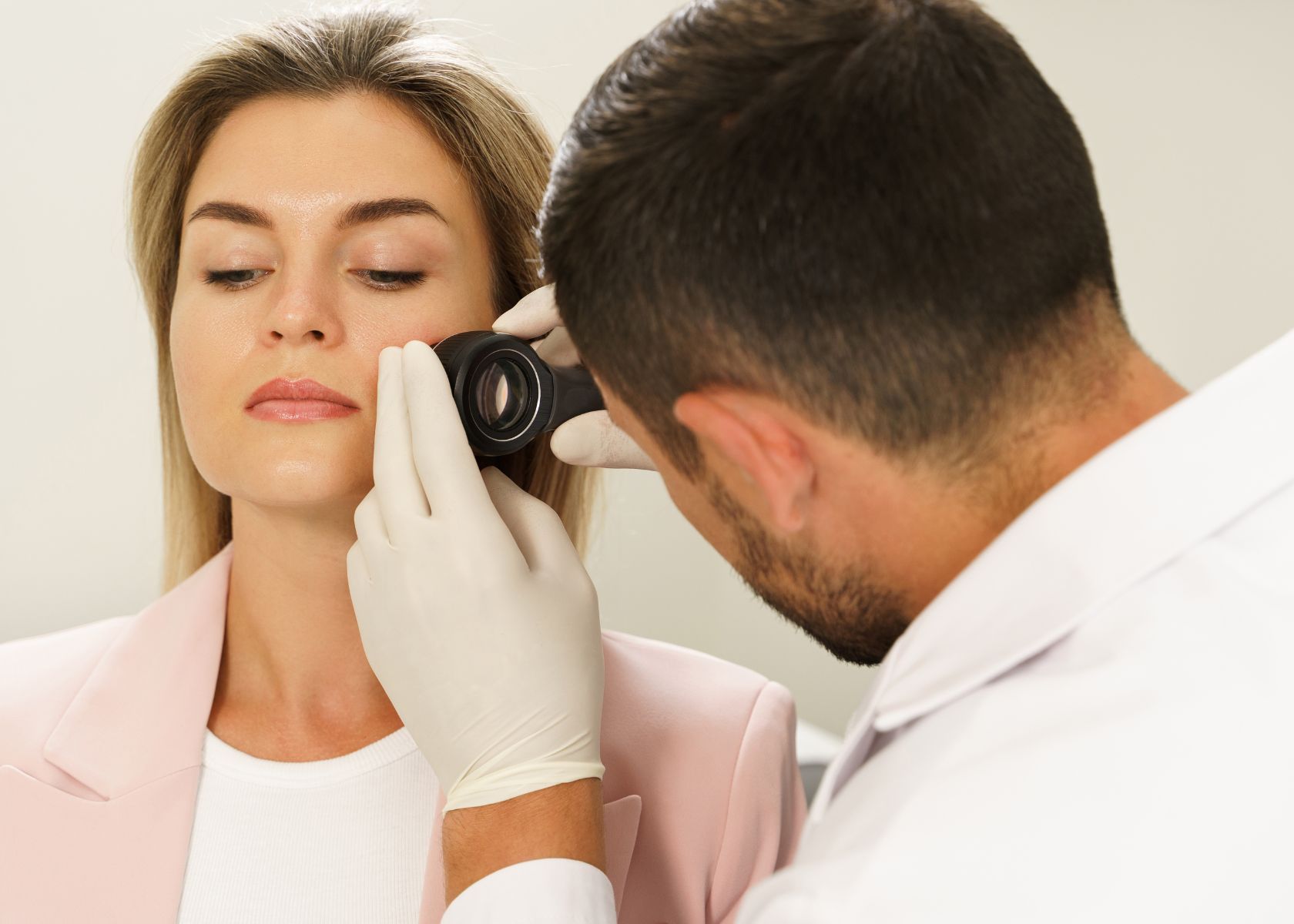
While growth factors have shown promising results in improving skin health, there have been concerns about their potential carcinogenic effects.
Some studies have suggested that certain types of growth factors can promote tumor development by enhancing cell proliferation and inhibiting apoptosis (programmed cell death).
Additionally, some researchers have speculated that prolonged exposure to high levels of growth factors could lead to DNA damage or mutations that increase the risk of cancer.
However, it's important to note that most studies linking growth factors to cancer have been conducted on animals or in vitro (in a lab setting), so it's unclear whether these findings translate to humans using skincare products containing growth factors.
Moreover, most of the research on human growth factors for skin is based on wound healing.
Regulatory Oversight
In the United States, cosmetic products do not undergo pre-market approval by the Food and Drug Administration (FDA).
Instead, manufacturers are responsible for ensuring their products are safe for consumers before introducing them into the market.
This means that while some companies may conduct safety testing on their own accord before launching a product containing epidermal growth factors, there is no regulatory oversight ensuring these tests meet any specific standards.
However, companies can choose to follow guidelines set forth by organizations such as the International Cooperation on Cosmetics Regulation (ICCR) or Cosmetic Ingredient Review (CIR) Expert Panel.
These groups evaluate ingredients used in cosmetics based on existing scientific data to determine their safety for use in consumer products.
Potential Benefits of Growth Factors in Skin Care
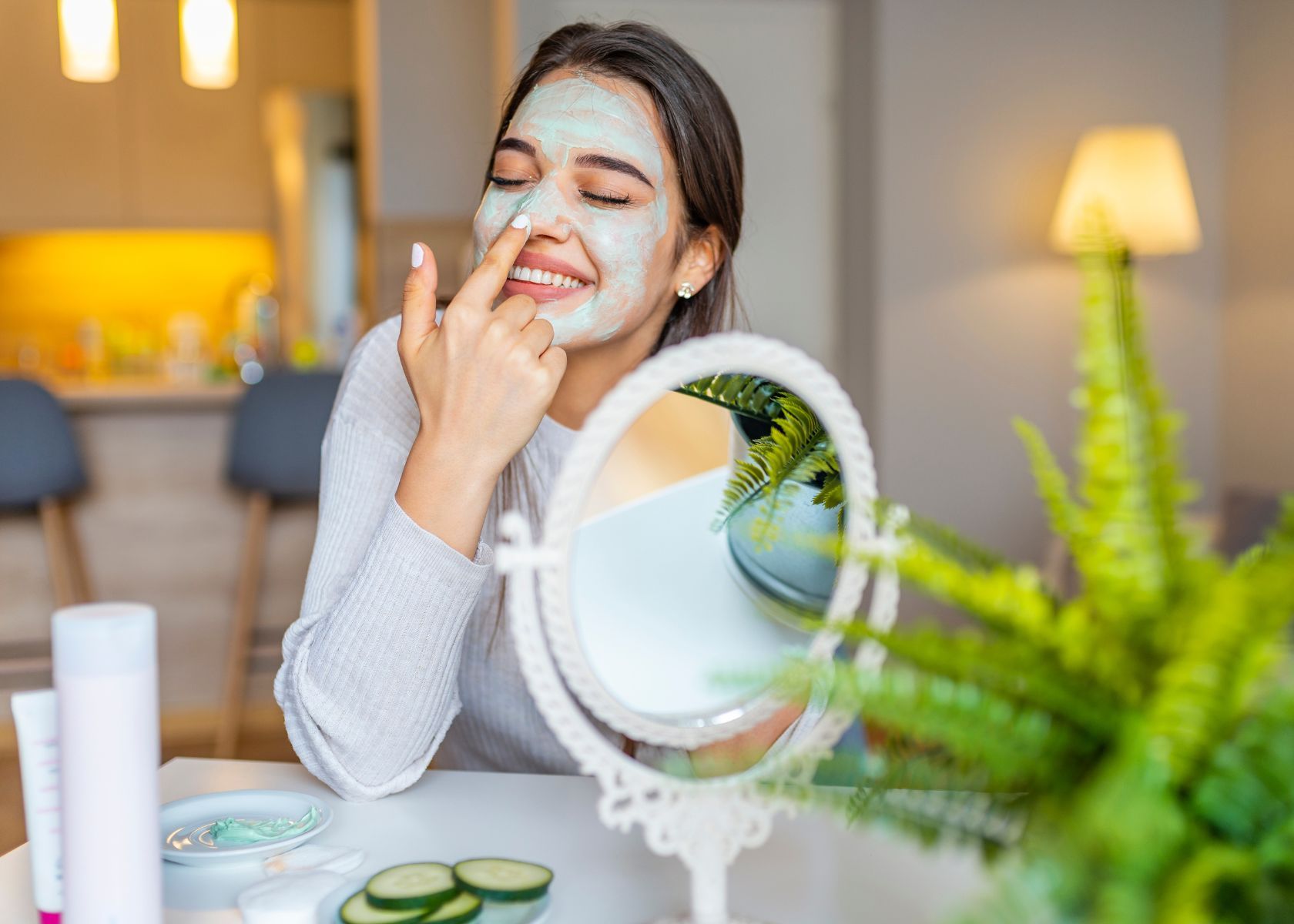
In skin care, growth factors are typically derived from human stem cells or through biotechnology processes.
These growth factors can be used topically or injected into the skin to promote collagen production, reduce inflammation, and improve overall skin health.
Stimulate Collagen Production
Collagen is a protein that provides structure to the skin. As we age, collagen production decreases, which leads to wrinkles and sagging skin. Growth factors can stimulate collagen production, which can improve the appearance of fine lines and wrinkles.
Improve Skin Texture
Growth factors can also improve skin texture by increasing cell turnover rates. This means that dead skin cells are shed more quickly, which can result in smoother and brighter-looking skin.
Reduce Inflammation
Inflammation is a common cause of many skin issues, such as acne, rosacea, and psoriasis.
Growth factors have anti-inflammatory properties, which can help reduce redness and irritation associated with these conditions.
Enhance Wound Healing
Growth factors play a crucial role in wound healing by stimulating cell migration and proliferation at the site of injury.
When used topically or injected into the skin, growth factors can enhance the healing process of wounds caused by acne or other injuries.
Increase Hydration
Hydrated skin looks plumper and healthier than dry skin. Some types of growth factors have been shown to increase hyaluronic acid production, which helps to retain moisture in the skin.
Types of Growth Factors Used in Skin Care
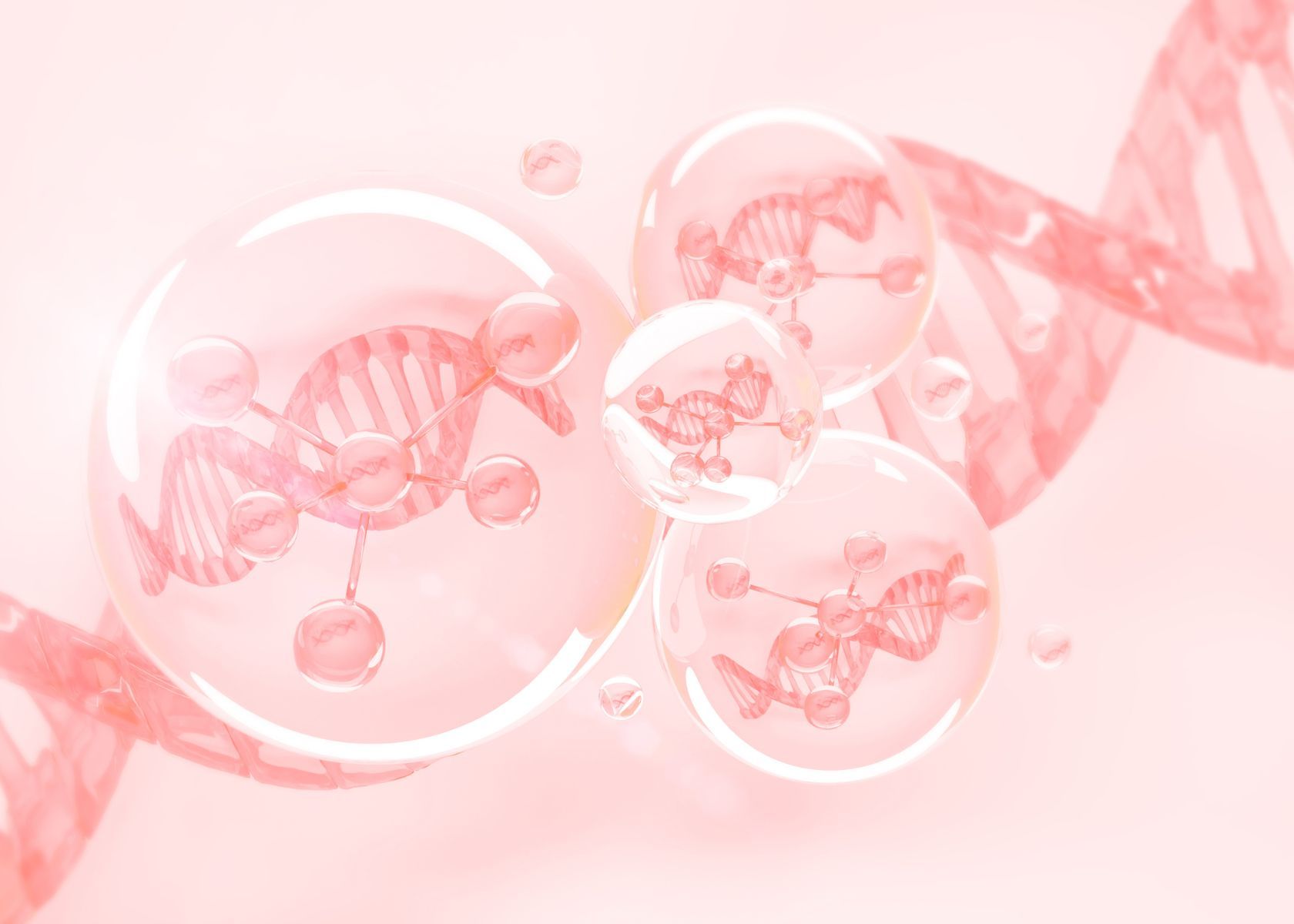
There are various types of growth factors used in skin care products, each with its unique benefits:
Epidermal Growth Factor (EGF)
Epidermal Growth Factor (EGF) is a protein that stimulates cell growth and division in the epidermis, which is the outermost layer of the skin. It also plays a role in wound healing by promoting the proliferation of cells involved in tissue repair.
EGF has been shown to improve skin texture and reduce fine lines and wrinkles. It also helps to improve hydration levels in the skin, making it look plumper and more youthful.
Fibroblast Growth Factor (FGF)
Fibroblast Growth Factor (FGF) is a protein that stimulates fibroblasts, which are cells responsible for producing collagen, elastin, and other extracellular matrix proteins that give skin its structure and elasticity.
FGF has been shown to improve skin firmness and elasticity, reduce fine lines and wrinkles, and increase hydration levels.
Platelet-Derived Growth Factor (PDGF)
Platelet-Derived Growth Factor (PDGF) is a protein that plays a key role in wound healing by stimulating the proliferation of cells involved in tissue repair.
PDGF has been shown to improve skin texture, reduce fine lines and wrinkles, and increase hydration levels. It also helps to promote collagen production, which can help to improve skin firmness and elasticity.
Transforming Growth Factor Beta (TGF-Beta)
Transforming Growth Factor Beta (TGF-Beta) is a protein that plays a key role in regulating cell growth and differentiation. It also plays a role in wound healing by promoting the proliferation of cells involved in tissue repair.
TGF-Beta has been shown to improve skin texture, reduce fine lines and wrinkles, increase hydration levels, promote collagen production, and improve skin firmness and elasticity.
Insulin-Like Growth Factor-1 (IGF-1)
Insulin-Like Growth Factor-1 (IGF-1) is a protein that promotes cell growth by binding to receptors on cell surfaces. It plays an important role in regulating cellular metabolism as well as promoting tissue repair after injury or damage.
IGF-1 has been shown to improve skin texture, reduce fine lines and wrinkles, increase hydration levels, promote collagen production, and improve skin firmness and elasticity.
Nerve Growth Factor (NGF)
Nerve Growth Factor (NGF) is a protein that regulates neuronal survival during development. In addition to its role in neural development, NGF plays an important role outside of neurons, too, including regulation of immune function, especially with respect to inflammation.
NGF has been shown to be effective at improving facial fat loss due to HIV-associated lipodystrophy, possibly through increased blood flow or stimulation of fat cells.
Top 3 Growth Factors Serums For You
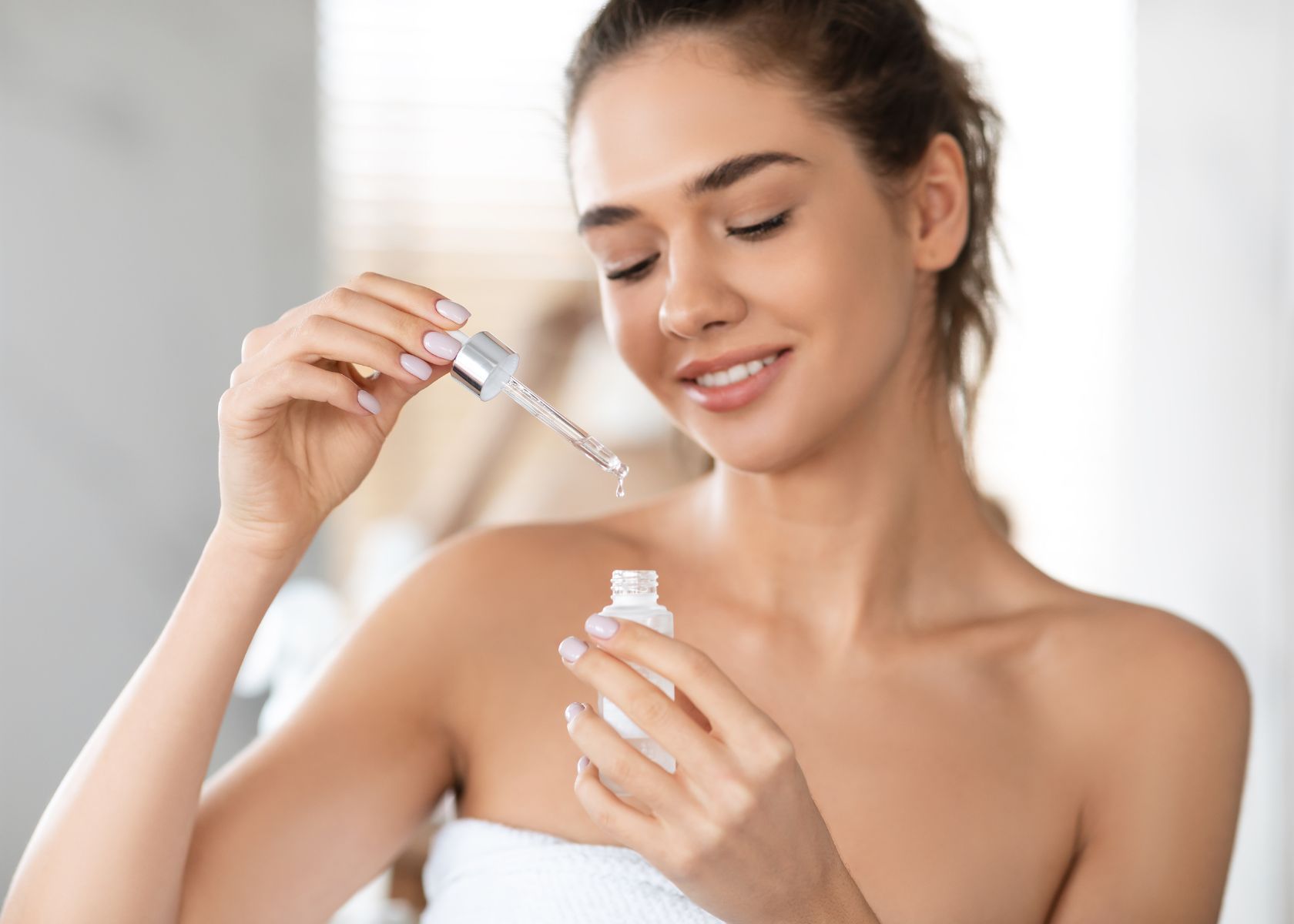
These serums contain proteins that help stimulate the production of collagen and elastin in your skin, leading to a more youthful and radiant complexion.
However, with so many options on the market, it can be tough to know which serum is right for you.
That's why we have gone through hundreds of Amazon reviews and considered various factors such as price, ingredients, and effectiveness to bring you our top three growth factors serums.
Each of these serums has been highly rated by users and can provide visible results with consistent use.
So, whether you're trying to reduce fine lines and wrinkles or simply want to enhance your natural glow, read on to discover which growth factors serum is best suited for your skincare needs. The following are the 3 best growth factor products:
1. Biopelle Tensage Growth Factor Serum
If you're looking for a product that will help improve your skin's texture, tone, and elasticity, then Biopelle Tensage Growth Factor Serum might just be the solution you've been searching for.
This fascinating serum contains growth factors derived from snails, which work together with other key ingredients in maintaining healthy skin structure.
One of the standout features of this serum is its use of vitamins C and E. Vitamin C helps brighten skin tone while defending against free radicals, while vitamin E works to repair damage caused by these same free radicals and reduces inflammation.
Additionally, the serum contains SCA BioRepair - a combination of endogenous growth factors, antioxidants, and hyaluronic acid that contribute to improved skin health. It helps the skin to produce growth factors.
What really sets Biopelle Tensage Intensive Serum apart from other skincare products is its effectiveness in post-procedure healing. It can help encourage cell repair and shorten recovery times after procedures such as chemical peels or laser treatments.
Pros
- Contains growth factors derived from snails.
- Uses vitamins C and E for brightening and repairing.
- Includes SCA BioRepair for improved texture, tone, and elasticity.
- Effective for post-procedure healing.
Cons
- It may not be suitable for those with sensitive skin.
- Some users may find the price point on the higher side.
2. Alastin Restorative Skin Complex
One of the standout features of this growth factor cream is its patented TriHex Technology. This technology stimulates collagen and elastin production to help thicken thinning skin, which is especially helpful against signs of aging.
Not only does it tackle fine lines and wrinkles, but it also fights dull, uneven skin tones and plumps up thinning skin. Plus, it helps prevent further damage from occurring.
Overall, Alastin Restorative Skin Complex is a great choice for anyone looking to improve their skin's appearance and combat the effects of aging. It is one of the best topically applied growth factors.
Pros
- Patented TriHex Technology stimulates collagen and elastin production.
- Reduces fine lines and wrinkles.
- Fights dull, uneven skin tones.
- Plumps thinning skin.
- Helps prevent further damage.
Cons
- Some users may experience sensitivity or irritation.
3. SkinMedica- TNS Advanced+ Serum
If you're looking for an anti-aging serum that really delivers, SkinMedica's TNS Advanced+ Serum is definitely worth checking out. This powerful serum uses a combination of growth factors to address all aspects of aging skin.
One thing that sets this product apart is the speed at which users see results. In as little as two weeks, you may notice improved skin tone and texture, reduced fine lines and wrinkles, and even a reduction in visible blood vessels. And after 12 weeks? Users have reported looking up to six years younger.
Pros
- Fast results
- Addresses multiple signs of aging
- Trusted brand with a good reputation
- Suitable for all skin types
Cons
- It may not work as well for deep wrinkles or severe sun damage
Can Growth Factors in Skin Care Cause Cancer - FAQs
The beauty industry is constantly evolving, and the use of growth factors in skincare products has become increasingly popular in recent years.
However, there are concerns about the potential health risks associated with these ingredients.
One of the most significant concerns is whether growth factors can cause cancer.
In this section, we will explore some frequently asked questions about growth factors in skincare and their potential link to cancer.
What are the growth factors in skincare products?
Growth factors are proteins that occur naturally in the body and play a vital role in cell development and repair. Skincare products containing growth factors claim to stimulate collagen production, improve skin texture, and reduce fine lines and wrinkles.
Can growth factors cause cancer?
There is no conclusive evidence that growth factors used in skin care products cause cancer. However, some studies suggest that abnormal levels of certain growth factors may be linked to the development of certain types of cancer.
Are all growth factors created equal?
No, different types of growth factors have different effects on the skin. Some promote cell proliferation, while others stimulate collagen synthesis or reduce inflammation.
Are there any alternatives to using skincare products with growth factors?
Yes, there are various alternative ingredients that can help improve skin texture and reduce signs of aging without using growth factors. These include retinol, hyaluronic acid, vitamin C, and peptides.
Should I avoid using skincare products with growth factors altogether?
It's up to personal preference and comfort level with potential risks associated with these ingredients. If you have a family history of cancer or other health concerns, it may be best to avoid using skincare products with growth factors or consult a dermatologist before use.
Conclusion
There is currently no evidence to suggest that growth factors in skin care products cause cancer. While some studies have raised concerns about the potential risks of using these ingredients, current research suggests that they are safe for topical use.
As with any skincare product, it is important to choose high-quality formulations from reputable brands and to follow recommended usage guidelines.
If you have any concerns or questions about the safety of your skincare products, it is always best to consult with a healthcare professional or dermatologist.
Enjoy exploring our world of beauty!



